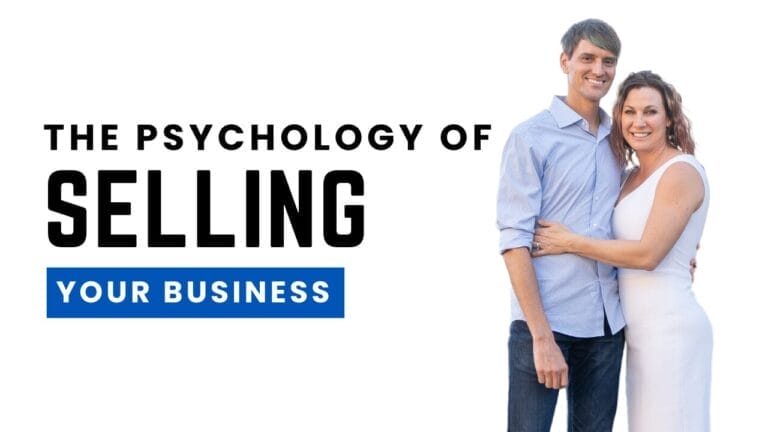In this week’s episode of Built to Sell Radio, John Warrillow dives into the story of AppArmor’s $40 million exit. David Sinkinson, co-founder of AppArmor, reveals how he and his brother Chris developed a mobile app that allows students to alert campus security with a single button.
The Sinkinson brothers’ journey is packed with lessons, but one moment stands out: how a single question from an acquirer almost cost them $20 million.
In this episode, discover how to:
-
Dodge a Costly Question. Learn how answering a simple question posed by an acquirer almost cost the Sinkinson brothers $20 million, and how they managed to recover and close the deal successfully.
-
Turn Customers into Raving Fans. Uncover a surprising tactic to transform one-time app users into dedicated, recurring customers.
-
Fund Growth Without Investors. Unlock the hidden strategy that helped App Armor grow without relying on outside investors.
-
Master Negotiation Techniques. Gain insights into the negotiation techniques that secured App Armor’s $40 million exit.
-
Achieve Low Customer Churn. Implement an unexpected approach that led to an incredibly low customer churn rate.
-
Strengthen Co-Founder Relationships. Discover key insights to enhance your relationship with your co-founder, based on the Sinkinson brothers’ experience.
Is your business Built to Sell? To learn our methodology and apply it to your company, start by booking a call directly with us here.
Quote of the Week
They literally asked us the question, ‘So what are you looking to get for this?’ And Chris, without skipping a beat, just goes, ‘About 20 million.’ So, you know, three days later, guess what we got? We got an offer for $20 million.
Deals
-
Quality Uptime Services, Inc., a company that maintains power systems to keep data centers and other critical facilities running without interruption, has been acquired by ABM Industries Incorporated (NYSE: ABM), which provides a wide range of building management services like cleaning, HVAC maintenance, and electrical solutions. The acquisition was valued at $119 million in cash. This acquisition is expected to double ABM’s revenue from mission-critical services in the first full year after the acquisition. Quality Uptime’s annual revenue is projected to be around $30 million, reflecting a purchase price multiple of approximately 4 times forward-looking revenue.



